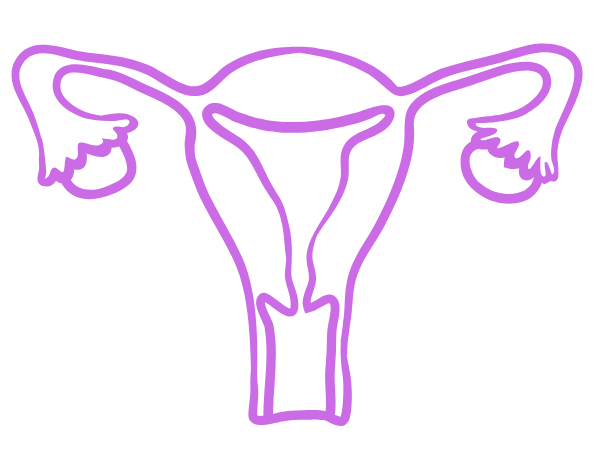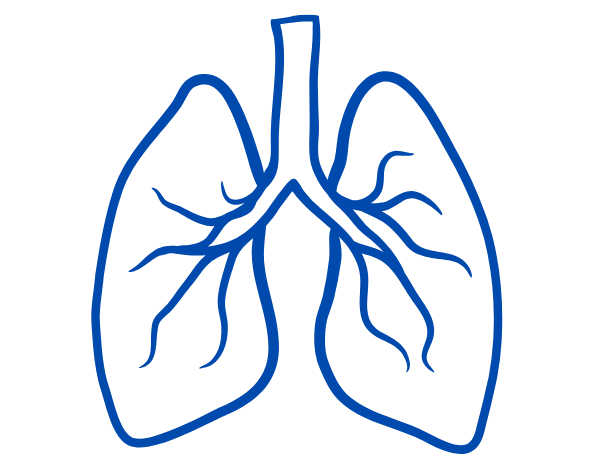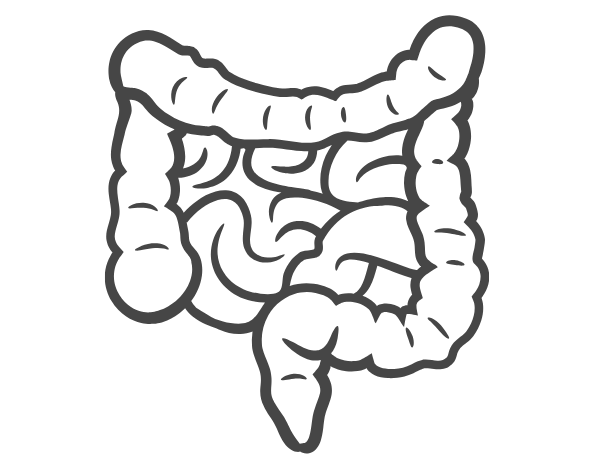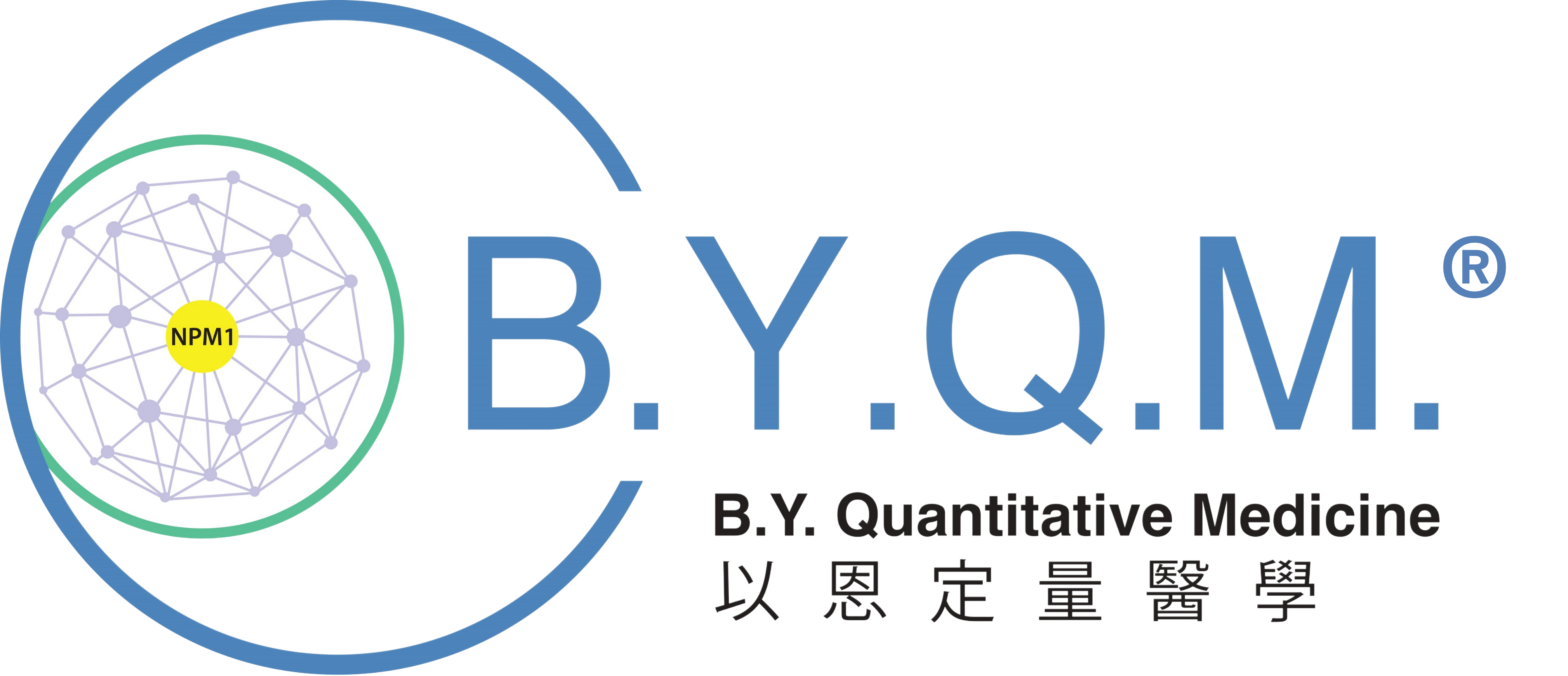
Ovarian cancer is a leading cause of cancer-related mortality globally, with High-Grade Serous Ovarian Cancer (HGSOC) responsible for 70-80% of deaths. While platinum-based chemotherapy has been the standard treatment for three decades, achieving response rates of up to 85%, over 80% of patients relapse, and 80-90% eventually develop chemoresistance. Our Ovarian QGCT® aims to provide deeper insights into the mechanisms of HGSOC chemoresistance, enabling the development of more effective treatments. By helping patients and healthcare providers identify appropriate options, including the potential benefits of chemotherapy, we strive to eradicate cancer and alleviate suffering through early detection and targeted guidance for successful outcomes.

Breast cancer is the most common cancer among women globally and a leading cause of cancer-related deaths in both men and women, with approximately 25% of cases being HER2-positive, associated with high recurrence and mortality rates. Over the past two decades, HER2-targeted therapies have significantly improved survival rates, yet treatment responses vary, with some patients experiencing relapse. We have established unique genome-wide co-expression patterns for non-relapse and relapse patients, enhancing the understanding of the biological mechanisms underlying relapse in HER2-positive breast cancer.

Non-small cell lung adenocarcinoma is the most prevalent form of lung cancer and is associated with a poor prognosis, with survival rates significantly declining as the disease progresses. We have identified unique genome-wide co-expression patterns for patients at stages I through IV, enhancing the understanding of the mechanisms involved in lung adenocarcinoma carcinogenesis.

Small cell lung cancer (SCLC) is the most aggressive form of lung cancer, characterized by rapid growth, poor response to chemotherapy, and a high mortality rate. Most patients are diagnosed at advanced stages due to the lack of effective screening methods, leaving few curative options.

Colorectal cancer is the third most prevalent carcinoma globally, yet current tumor staging often fails to predict cancer recurrence accurately, leading to poor five-year survival rates. We have identified unique genome-wide co-expression patterns associated with high and low recurrence risk in colorectal cancer patients. Analyzing these gene co-expression profiles reveals distinct properties and mechanisms related to recurrence, enhancing the understanding of the biological factors influencing colorectal cancer recurrence.

Hepatocellular carcinoma (HCC) is the second leading cause of cancer-related deaths worldwide, with nearly 60% of cases reported in China. Multiple risk factors contribute to the etiology of HCC, accounting for approximately 75% of global cases. Due to its high mortality rate and challenging diagnosis, HCC poses significant clinical difficulties. We have established unique genome-wide co-expression patterns specific to HCC and HBV-associated HCC.
